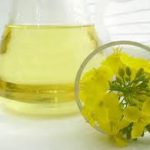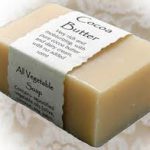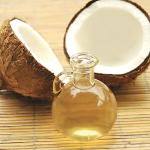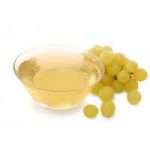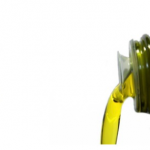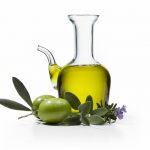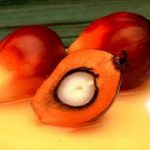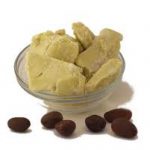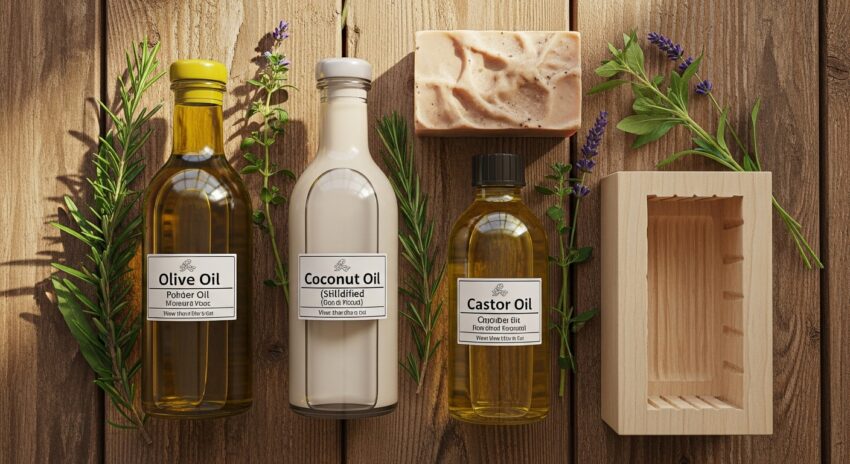Soap Making Oils
Soap Making Oils: The Pros and Cons
When it comes to soap making, every oil brings its own unique benefits. The right combination determines how your soap feels, lathers, and lasts. Whether you prefer vegetable oils or traditional animal fats, understanding each oil’s properties will help you create the perfect bar.

Understanding Oil Choices
You can technically make soap from almost any oil — vegetable, animal, or even mineral oil. However, mineral oil (a petroleum by-product) is not recommended for skin care because it clogs pores and can block your skin’s ability to breathe. Instead, opt for natural, nourishing oils that enhance your soap’s quality and your skin’s health.
Animal Fats (Lard)
Traditional soap makers, including many of our grandparents, used lard to make simple, moisturizing soaps. While lard produces a mild and creamy bar, homemade lye from wood ash often made those old-fashioned soaps a bit harsh. With modern ingredients and measurements, you can still enjoy the moisturizing benefits of lard without the drawbacks.
Olive oil is one of the best and most beloved soap making oils. It creates a gentle, moisturizing bar suitable for sensitive skin and helps maintain your skin’s natural balance. It won’t clog pores and produces a smooth, conditioning lather. Olive oil soaps also last longer than many alternatives.
While canola oil is affordable and adds mildness, it’s often genetically modified and can cause discoloration or soft bars if used in high amounts. Use sparingly or blend it with more stable oils like coconut or olive to improve hardness and longevity.
Soap made with Canola Oil can also get spotty and discolour in time. Canola based soaps take longer to cure and tend to turn to mush if set in water. Olive Oil soaps will last longer.
A small amount of castor oil goes a long way. It boosts lather, adds creaminess, and helps create luxurious shampoo and shaving bars. It’s a fantastic oil for balancing cleansing and conditioning properties.
Coconut oil adds a rich, bubbly lather and helps soap harden faster. It’s highly cleansing, so it’s best combined with softer oils like olive or shea butter to avoid drying out the skin.
Palm oil creates a firm, long-lasting bar with a smooth, creamy texture. It balances lather and conditioning properties beautifully. If you choose to use palm oil, look for sustainably sourced options to protect rainforests and wildlife.
These oils will all make a basic bar of soap. You decide what oils you would like to use. You can super moisturize your soap with other oils. We will discuss that later………
Final Thoughts
Each oil has its own personality — some offer hardness, others rich lather or deep moisture. By experimenting with ratios (for example, 60% hard oils and 40% soft oils), you can design your ideal bar. The beauty of handmade soap lies in that freedom.
Happy Soaping!
#handmadesoap #naturalsoap #makingsoapnaturally #soapmaking #soapmaking #soaps #artisansoap #bathandbody #cpsoap #coldprocesssoap #etsy #soapbase #soapcrafter #soapmaker #soaping #soapcrafting #soaphandmade #soap #giftidea #christmas #barsoap #handmadesoap #natural #organic #skincare #coldprocess #soapsupplies #soapmakingoils
